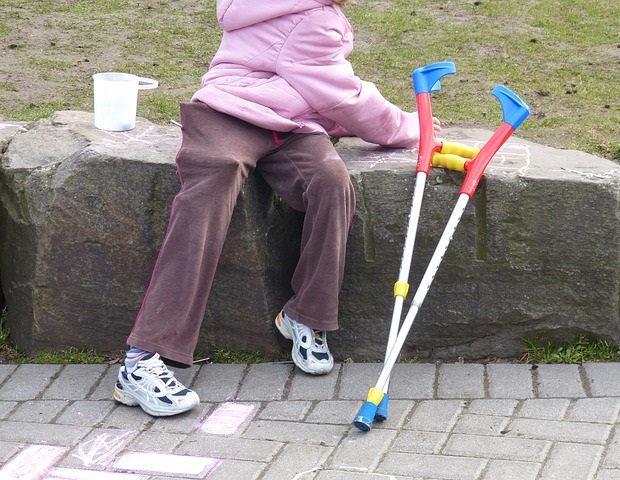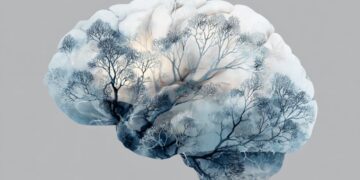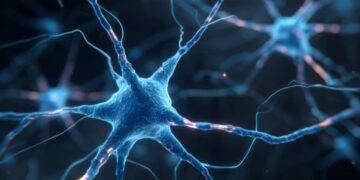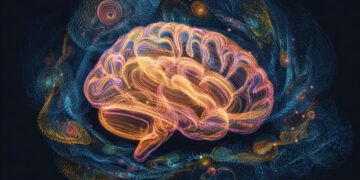Summary: New research shows that people tend to prefer simple explanations even when complex ones are more accurate. The study found that individuals focus primarily on visible or known causes while neglecting hidden or absent ones, leading to overly simplistic reasoning.
This tendency, while often effective, can create serious errors of judgment in areas such as medicine, economics, and human behavior. By recognizing invisible factors and questioning apparent simplicity, people can improve their reasoning and avoid misleading conclusions.
Key facts
Simplicity bias: People naturally favor simple explanations, even when multiple causes better explain events. Overlooked Absent Causes: Hidden or unmentioned factors are often ignored, leading to oversimplified conclusions. Real-world impact: This bias can distort reasoning in fields such as healthcare, economics, and psychology.
Source: Mississippi State University
Mississippi State University assistant professor Thalia H. Vrantsidis received the Psychonomic Society’s 2025 Best Paper Award for her paper exploring why people often prefer simpler explanations, even when more complex explanations may be more accurate.
The Psychonomic Society, an international organization dedicated to the scientific study of the mind, annually recognizes outstanding research published in its peer-reviewed journals. Best Paper Award winners are honored with a certificate, a $1,000 prize and formal recognition at the society’s annual meeting, this year scheduled for Nov. 22 in Denver.
Published in the April issue of Memory & Cognition, Vrantsidis’s “Inside Ockham’s Razor: A Mechanism That Drives Preferences for Simpler Explanations” demonstrates that people tend to focus on causes that are present while overlooking absent causes: factors that may be relevant but are not immediately observable. This tendency can lead to an overvaluation of simpler explanations.
“People tend to prefer simple explanations (this is usually reasonable), but there are many factors that push us towards oversimplified reasoning,” Vrantsidis said. “This can be problematic in real-world situations, from understanding economic changes to explaining human behavior. Just because one cause is obvious doesn’t mean there aren’t others at play.”
For example, when evaluating explanations for a patient’s symptoms, participants generally preferred a single-cause explanation (a single disease caused the symptoms), even when a more complex, multi-cause explanation might be more accurate, such as when a combination of two different diseases caused the symptoms.
Vrantsidis said their findings highlight the importance of considering absent or unmentioned causes and explicitly considering whether multiple factors could be at play, which can help reduce reasoning errors caused by oversimplification.
“I’ve always been fascinated by the joy people get from understanding things properly—the ‘aha’ moments that come from a clear explanation,” he said. “My work explores what we value in explanations: why simplicity can be useful and when it can lead us astray.”
The study was co-authored with Tania Lombrozo, Vrantsidis’ former postdoctoral supervisor at Princeton University. Vrantsidis earned his Ph.D. and a bachelor’s degree in psychology from the University of Toronto and completed postdoctoral research at Princeton before joining MSU’s cognitive sciences program in the Department of Psychology in 2023.
Key questions answered:
A: Because they focus on visible causes and ignore absent ones, which makes simple explanations seem more satisfactory and complete.
A: It can lead to inaccurate conclusions in real-world decisions, from diagnosing diseases to understanding social and economic events.
A: Deliberately considering hidden or multiple causes and resisting the appeal of overly clear explanations.
About this research news in psychology and reasoning
Author: Chris Bryant
Source: Mississippi State University
Contact: Chris Bryant – Mississippi State University
Image: Image is credited to Neuroscience News.
Original research: Open access.
“Inside Ockham’s Razor: A Mechanism Driving Preferences for Simpler Explanations” by Thalia H. Vrantsidis et al. Memory and cognition
Abstract
Inside Ockham’s razor: a mechanism that drives preferences for simpler explanations.
People often prefer simpler explanations, defined as those that postulate the presence of fewer causes (for example, positing the presence of a single cause, Cause A, rather than two causes, Causes B and C, to explain observed effects).
Here, we test a hypothesis about the mechanisms underlying this preference: that people tend to reason as if they were using “agnostic” explanations, which remain neutral about the presence/absence of additional causes (e.g., comparing “A” with “B and C,” while remaining neutral about the status of B and C when considering “A,” or of A when considering “B and C”), even in cases where “atheistic” explanations, which specify the absence of additional causes (e.g., “A and not B or C” vs. “B and C and not A”), are more appropriate.
Three studies with US-based samples (total N = 982) tested this idea using scenarios in which agnostic and atheist strategies produce divergent simplicity/complexity preferences, and by asking participants to compare explanations provided in atheistic ways.
The results suggest that people tend to ignore absent causes, thus generalizing agnostic strategies, which may produce preferences for simpler explanations even when the complex explanation is objectively more probable.
However, these unjustified preferences were reduced by manipulations that encouraged participants to consider absent causes: making the absences necessary to produce the effects (Study 2) or describing the absences as causes that produce alternative effects (Study 3).
These results shed light on the mechanisms that drive preferences for simpler explanations and on when these mechanisms are likely to lead people astray.



_6e98296023b34dfabc133638c1ef5d32-620x480.jpg)
















